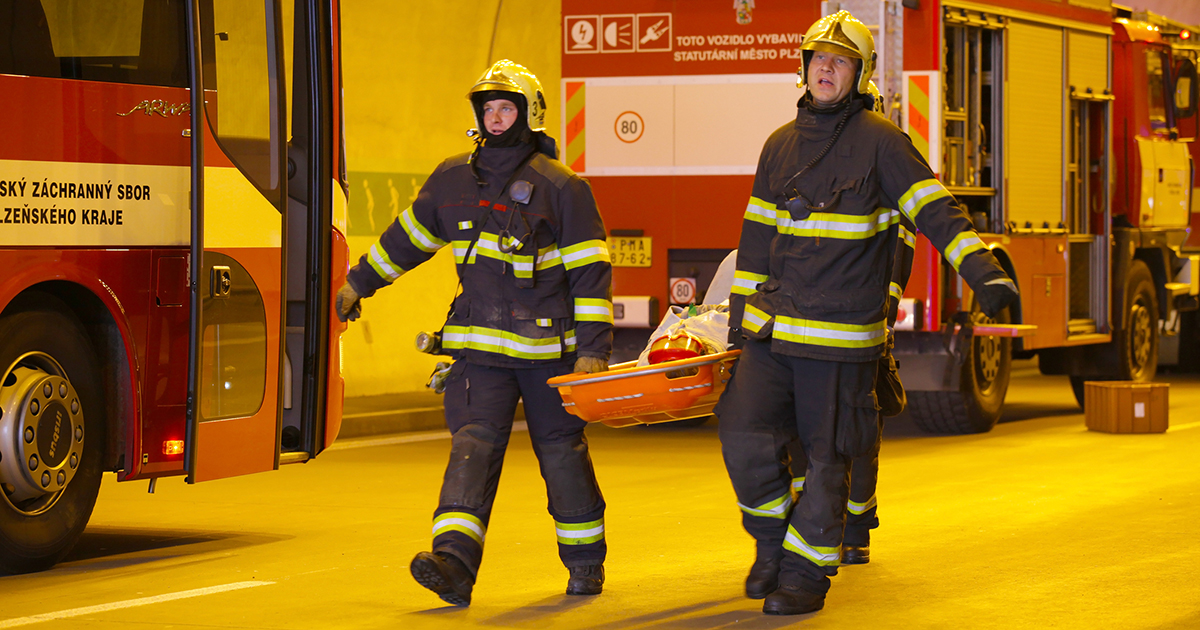Common Causes Of Hypovolemic Shock
Endometriosis

The lining of the uterus is called the endometrium. Endometriosis is an abnormal condition where the endometrial cells migrate outside of the uterus into the pelvic cavity. These cells may grow and attach to organs such as the fallopian tubes or the ovaries or attach to the bowel or tissues lining the pelvis. During a woman's menstrual cycle, this misplaced tissue bleeds, just like the endometrium inside of the uterus, and this bleeding may contribute to the formation of cysts and adhesions. Complications from endometriosis that lead to hypovolemic shock are rare. In cases where it has occurred, there was a buildup of body fluids, including blood, in the pelvic cavity.
Keep going to understand more common causes of hypovolemic shock.
Severe Burns

The severity of a burn is classified using a combination of variables including the age and gender of the burn patient, the size of burn area (expressed as a percentage), how much tissue suffered a full-thickness burn, and if the patient was also injured by inhaling hot air, smoke, or other gases. Immediate emergency medical care is always required, as the effect of severe burns on the body is dramatic and complex. Proteins and hormones are released rapidly from the burned tissue, contributing to an inflammatory reaction that leads to rapid edema (swelling) around the injury.
This redistribution of fluids from surrounding tissues to the burn injury upsets the normal fluid balance in the body. At the same time, the blood vessels around the burned tissue dilate, which is another factor that upsets the fluid balance. The dilation causes continual blood loss, precipitating a drop in blood volume and a reduction in cardiac output. Severe burn injuries can cause a decrease in body temperature while metabolism increases and the body requires more oxygen and other nutrients. Among other factors, fluid loss from severe burns can quickly lead to hypovolemic shock.
Continue to reveal the next cause of hypovolemic shock.
